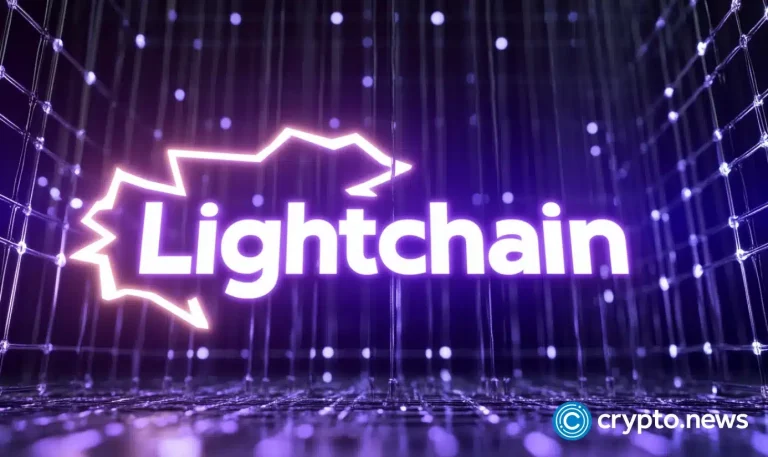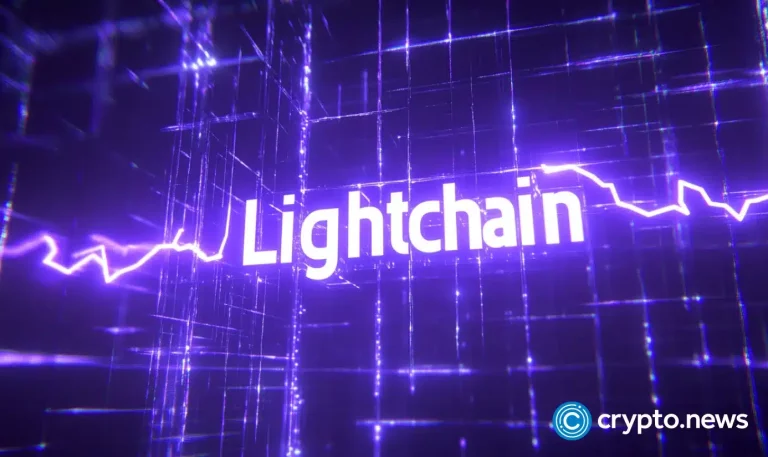
Justin Sun-backed BiT Global has sued crypto exchange Coinbase for unfairly delisting WBTC to uplift a competing Bitcoin product.
BiT Global launched a $1 billion lawsuit against Coinbase, alleging the U.S. crypto exchange illegally replaced its Wrapped Bitcoin (WBTC) product with a “knock-off” cbBTC token.
Wrapped Bitcoin was the first tokenized Bitcoin (BTC) asset in crypto, allowing users trade BTC on networks like Ethereum. BitGo initially oversaw custody for WBTC since its January 2019 launch. However, BitGo announced a deal in August 2020 to share operations among three companies, including Sun’s BiT Global.
The new deal reached, a subject of intense community criticism, assigned Hong Kong-based BiT Global as the primary WBTC custodian. Several protocols, like Aave and Sky, considered removing the token as a collateral option, but refrained from taking action.
Coinbase said it would delist WBTC effective Dec. 19, 2024, due to listing standards, crypto.news reported in late November. This came after Coinbase unveiled its cbBTC token on its layer-network Base and Ethereum on Sept. 12, initially teasing the token in the wake of ongoing WBTC controversy.
Legal consultants from Kneupper & Covey, BiT Global’s attorneys, alleged that Coinbase’s WBTC delisting violated anti-compete policies and federal rules.
We believe this decision sets a terrible precedent for everyone in the cryptocurrency space. If an exchange of Coinbase’s size can delist a cryptocurrency just as it plans to launch its own competing product, who’s safe? And who’s next?
Kevin Kneupper of Kneupper & Covey
According to the lawsuit, Coinbase citing listing standards was also an inadequate reason for the decision. Documents filed in the Northern District of California cited Coinbase listing “fundamentally valueless” memecoins like Pepe (PEPE). BiT Global is seeking damages in excess of $1 billion, as well as an injunctive relief against Coinbase.
Meanwhile, WBTC is still the undisputed tokenized Bitcoin asset with a $13.7 billion market, more than its $8 billion valuation when the debacle began in mid-Q2 2024.

























+ There are no comments
Add yours